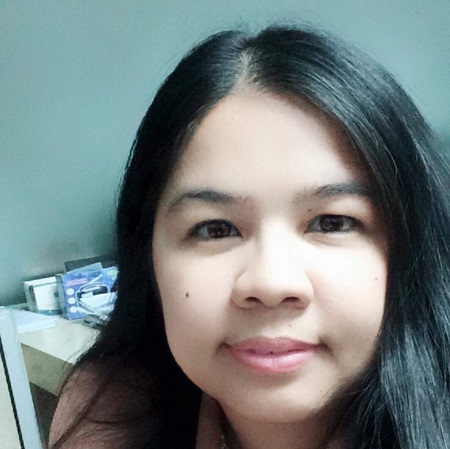Irene D. Valones ACIArb
Court Attorney, Supreme Court of the Philippines
Why have you decided to specialize in ADR? What attracted you to this area of law?
I am currently working in the Supreme Court in the Philippines as Court Attorney and I have observed that at present, the Philippine judiciary is confronted with the growing issues of delay in the resolution of cases and clogged court dockets which inevitably corrode the promotion of rule of law and access to justice in the country. While there are many programs of the Supreme Court in order to solve this dilemma, still there is a need to decongest court dockets particularly on commercial transactions, which may be undertaken through arbitration whether domestic or international. This growing interest to international arbitration starts as a personal advocacy that was strengthened when I did my Master of Laws in Transnational Law at King’s College of London where I was given opportunities to be mentored by world renowned legal experts in the field and arbitration practitioners as well as collaborate with colleagues in the international landscape.
What do you consider to be the biggest challenge in your career as a female practitioner in arbitration/ mediation?
The biggest challenge that women face in the field of arbitration is in the aspect of promoting gender equality in dispute resolution particularly when selecting arbitrators. It was perceived that arbitration is more of a male dominated field of endeavor but women have to overcome these persisting challenges of gender parity through leveraging with the technological advancement and information technology. In the Global Gender Gap Report of 2018, it was reported that “while the global gender gap has narrowed slightly, fewer women are participating in the workforce”. This means that women arbitrators have to equip themselves with vast opportunities in their respective fields for them to become effective partners in nation building and enabler for settling disputes amicably in a patriarchal society. I always believe that it is high time for women arbitrators to break this glass ceiling. #CIArbWomenInADR
What do you consider as the biggest challenge for the ADR in the future?
The biggest challenge for alternative dispute resolution in the future is to adapt with the changing times in the advent of globalization and to strengthen the sustainability of arbitration as a peaceful mode of settling disputes. In the highly complex and diverse world, the arbitration process in different jurisdictions calls for standard-setting when adopting technology as part of their process, without devaluing the notion of due process, fairness, and speedy disposition of the dispute. The existing arbitration rules and policies must have to cope with the need to achieve fair and speedy resolution of dispute which will also guarantee cost effective means of settlement on the part of both contracting parties.
If you had a time machine, what piece of advice would you give to yourself at the beginning of your career in ADR?
Seize every moment along the way! Enjoy the journey of learning and always fortify the flame of passion for arbitration and the glory of the opportunities to make one the best version of oneself. Women arbitrators have also to take care of themselves, developing one’s mind, body, and soul to completely serve with enthusiasm and happy heart.
What do you consider to be your biggest achievement in the field thus far?
I am currently serving as the Co-Chairperson of the Chartered Institute of Arbitrators - Young Member’s Group (YMG) Philippines with the goal to promote awareness on the viability of arbitration as alternative mode of dispute settlement vis-à-vis litigation and cross collaboration with colleagues in the field sharing the same interest and passion in East Asia and around the world.
If you could meet for a dinner a famous person, dead or alive, who would that be?
I would like to meet for dinner the eminent, Dr. Rosalind Franklin, to talk about discrimination she has experienced in the field of medical science and her advice to women in this modern day era. Dr. Rosalind Franklin is an English chemist and X-ray crystallographer who made contributions to the understanding of the molecular structures of DNA (deoxyribonucleic acid), RNA (ribonucleic acid), viruses, coal, and graphite. According to her biography, the work of Dr. Frankin, which was shown to her competitors without her knowledge, helped win three of her male colleagues, Maurice Wilkins, Francis Crick, and James Watson, to obtain the 1962 Nobel Prize. Despite the fact that her research leads to the discovery, her male colleagues refused to acknowledge her contribution and they alone received the Nobel Prize four years after her death. Dr. Franklin’s poignant past story serves as an excellent reminder of the discrimination of women and the need for women empowerment.
